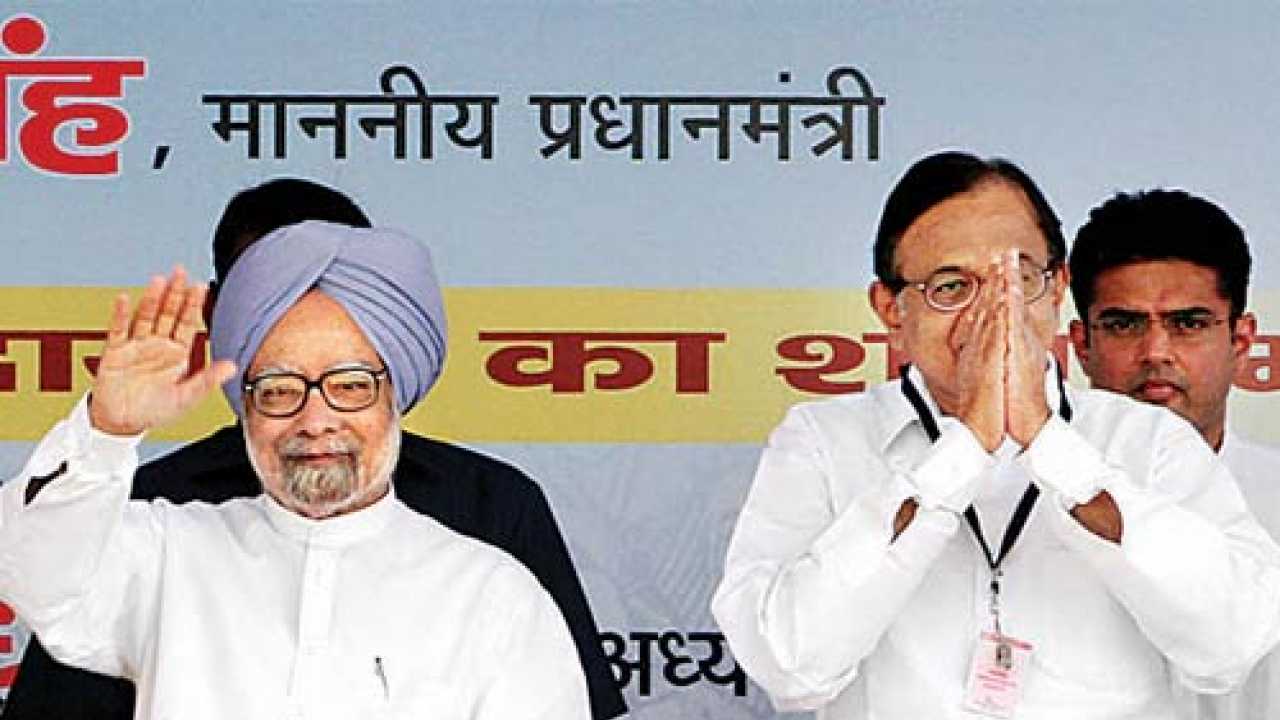
Backed into a corner by the plunging rupee and lowered growth forecasts, the government has responded in the only way it could. Its big reforms announcement — raising foreign direct investment (FDI) caps in a number of sectors — is a good move as far as it goes. Coupled with finance minister P Chidambaram’s recent push to talk up the country’s growth prospects abroad, it has begun the laborious process of repackaging the India story.
But to truly hardsell it, the government must treat this as just the first step. So far, it has signalled that India wishes to be open for business. That does not mean foreign investors will be keen to do business with it; to bring that about, the government must manage perceptions and present the country as an attractive investment destination.
As matters stand, the World Bank’s ease of doing business 2013 report pegs India a low 132 out of 185 economies. Hurdles created by regulatory bodies, lack of policy transparency, tax issues, rampant corruption, and above all, policy flip-flops arising from a political environment where point-scoring is more important than a long-term growth vision — these are all critical issues. There is no investor confidence, for instance, that if the UPA falls in 2014, the next dispensation will not reverse course on these reforms.
Take the case of the changes in defence and telecom FDI — two of the most important in the new package. As far as the former goes, the 26 per cent cap stays unchanged, but investment above that — if the project brings in state-of-the-art technology — may be approved on a case-by-case basis by the cabinet committee on security.
Given that defence minister AK Antony is known to be averse to defence FDI, where is the assurance that this amounts to anything concrete? For that matter, what of the extant problems of poor competencies in the private sector, delayed procurement timelines and licensing issues? And the telecom sector is unlikely to benefit much from removing the FDI cap that had stood at 74 per cent. Given the 2G scam and the subsequent cancellation of licenses, the sector neatly encapsulates everything about corruption and regulatory uncertainty that drives away foreign investors.
Like many other economic reforms before it, this announcement has come at a time of crisis when the government of the day has found its back to the wall.
Attempts to finance the current account deficit and halt the rupee’s decline are well and good, but they are not enough. It is time to move beyond reactive measures based on the exigencies of political survival. Economic reforms, to be truly effective, must be an ongoing process with policy continuity — and they must be underwritten by effective governance.